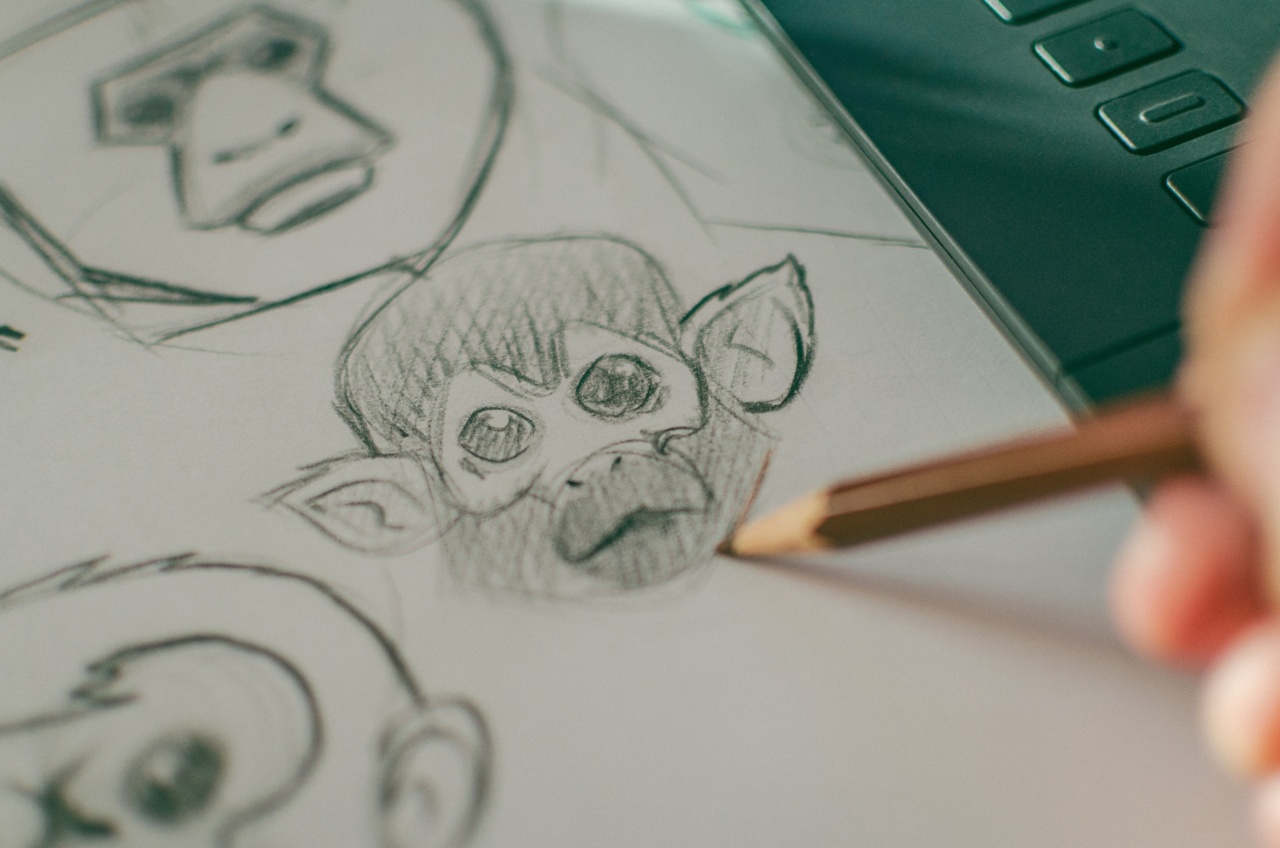Scientists have successfully created hybrid embryos using a combination of human and monkey cells, marking a significant breakthrough in the field of genetic research.
The experiments, conducted in a laboratory, involved injecting human stem cells into monkey embryos and allowing them to develop for a certain period of time. The aim of this research is to better understand the evolution of human brain development and find potential solutions for neurodegenerative diseases.
The controversial nature of the research
The creation of hybrid embryos using human and animal cells has always been a subject of controversy. Critics argue that this kind of experiment blurs the line between humans and animals, raising ethical concerns.
However, the scientific community argues that such research is necessary to advance our understanding of human biology and find cures for various diseases.
The potential medical implications
This groundbreaking research holds great promise for the medical field, particularly in the study of neurodegenerative diseases.
By studying the development of these hybrid embryos, scientists may gain insight into how the human brain evolves and functions. This knowledge could eventually lead to the development of new treatments for diseases such as Alzheimer’s and Parkinson’s.
Understanding the evolution of the human brain
The human brain is a complex organ that sets us apart from other species.
By creating hybrid embryos with human and monkey cells, scientists hope to gain a deeper understanding of the evolutionary changes that led to the development of our unique cognitive abilities. This research could shed light on the genetic factors that contribute to intelligence and pave the way for advancements in human brain health.
The process of creating hybrid embryos
To create hybrid embryos, scientists inject human stem cells into monkey embryos at a very early stage of development. These stem cells have the potential to differentiate into various tissue types, including brain cells.
The embryos are then allowed to develop for a specific period of time before they are analyzed. By studying the progression and behavior of these developing cells, scientists can gain insights into the complexities of human brain development.
Ethical considerations and regulations
The creation of hybrid embryos raises numerous ethical considerations. Critics argue that it blurs the line between humans and animals, potentially leading to the creation of beings with mixed characteristics.
To address these concerns, strict regulations are in place to ensure that the experiments are conducted in an ethical manner and that the resulting organisms are not allowed to develop beyond a certain stage.
Potential challenges and future directions
While the creation of hybrid embryos offers exciting possibilities for scientific research, there are also significant challenges to overcome. One of the main challenges is the compatibility between human and animal cells.
Ensuring that the injected human cells integrate into the monkey embryos and develop accordingly is crucial for meaningful results. Moreover, the research community must continue to navigate complex ethical questions to establish guidelines for such research.
Public opinion and the future of genetic research
The creation of hybrid embryos using human and animal cells has sparked debates around the world.
Various groups have voiced concerns about the potential consequences of such research, while others argue that it is a necessary step towards advancing medical science. As the understanding of genetics and stem cell research progresses, it is crucial for policymakers and society as a whole to engage in discussions and establish ethical boundaries for this field.
The importance of interdisciplinary collaboration
The success of this research highlights the importance of interdisciplinary collaboration.
Scientists from various fields, including genetics, developmental biology, and bioethics, must work together to address the scientific, ethical, and societal challenges associated with the creation of hybrid embryos. By bridging gaps and sharing knowledge, researchers can make informed decisions and contribute to the advancement of scientific understanding and medical breakthroughs.
Conclusion
The creation of hybrid embryos using human and monkey cells represents a significant milestone in genetic research.
Although it sparks ethical debates, this type of research offers immense potential for understanding the evolution of the human brain and finding new approaches to treating neurodegenerative diseases. As scientists continue to explore this frontier, it is crucial to maintain a balance between scientific advancement and ethical considerations to ensure the responsible and beneficial use of these groundbreaking technologies.





























